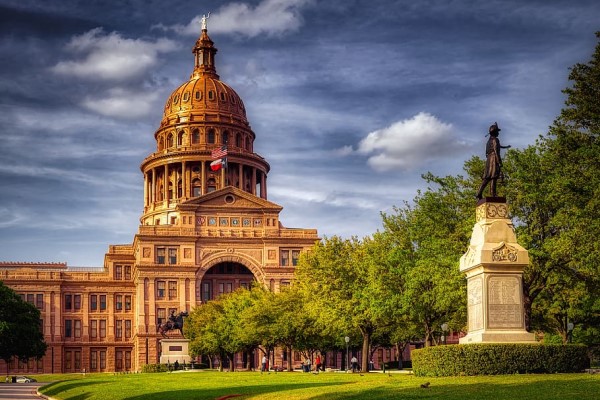Gov. Abbott Outlines Key Legislative Priorities in Address
Published Feb 02, 2021 by Steven Will
Monday evening Governor Greg Abbott delivered his biannual State of the State address, laying out his priorities for the 87th Texas Legislative Session. The Governor focused on four themes: health, safety, freedom and economic prosperity. He noted early in his speech the most important priority for Texas is to accelerate vaccine rollout and recover from the pandemic.
Emergency Items
Governor Abbott specified five emergency items for the Legislature:
- Broadband internet access for all Texans
- Laws prohibiting cities from defunding police
- Reforms to keep violent and/or repeat offenders from being released on bail
- Election integrity laws
- Legal liability protections for businesses operating in good faith during COVID
The emergency item status allows the Legislature to potentially pass these bills before the 60-day Constitutional limitation. In addition to the emergency items he outlined, Governor Abbott stressed the importance of several other issues important to the business community.
Economic Prosperity
The Governor highlighted HPE’s recent decision to move their headquarters to the greater Houston region. This is a critical win for the region and a major milestone in Houston’s innovation economy. Abbott also remarked on the importance of the state’s workforce development investments, highlighting the work of Houston-based S&B Engineers and Constructors and the need for job training as companies move to Texas.
The Governor noted that in order to sustain Texas’ economic growth, “We must continue to invest in our future [as] we did last session when we passed sweeping reforms to our school finance system and made major investments in our students and our teachers.”
Abbott also urged the Legislature to permanently eliminate many of the regulations lifted as part of the pandemic response that in practice have proven to help Texans, including access to telemedicine and waiving onerous restaurant regulations.
Digital Divide
Governor Abbott stressed that broadband access is a critical component of our future growth and economic prosperity. In naming broadband access an emergency item Abbott said, “From medicine to education to business, broadband access is not a luxury—it is an essential tool that must be available for all Texans.”
Health
Governor Abbott also highlighted a number of health-related items including increasing access to health care coverage saying, “There is more we can do this session to ensure that Texans have better access to health care.” This could include Texas-specific solutions to increasing access to health care coverage, increasing the availability of telemedicine, and supporting mental health reforms and investments made in recent years. Abbott’s remarks related to increasing access to coverage for Texans are consistent with recent comments from Texas House Speaker Dade Phelan about the importance of a revenue neutral solution for Texas.
The Partnership’s legislative priorities can be found here.
 The Houston Report
The Houston Report




















